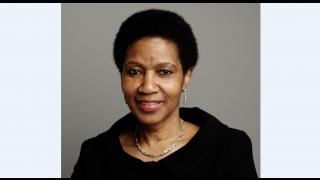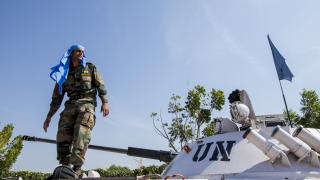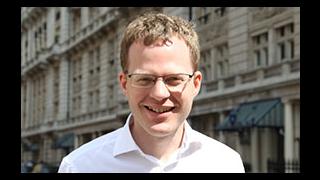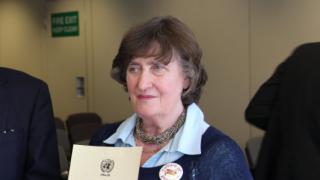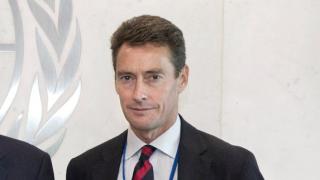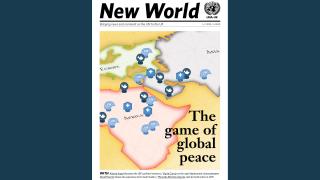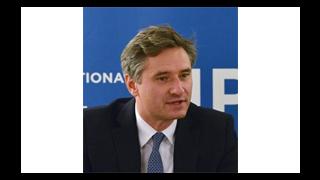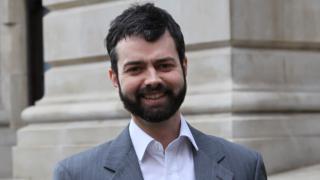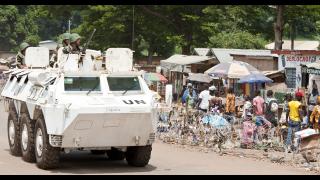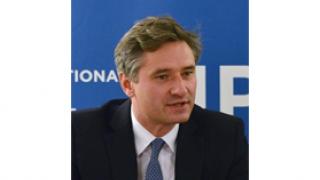
Think of a country where the United Nations has a peace operation, and there is a good chance that it also has a serious problem with organised crime. From Afghanistan to Kosovo, from Mali to Somalia, organised crime is a threat to peace and security. And yet, of the current 28 UN peacekeeping, peacebuilding or special political missions, less than half have mandates related to organised crime, and those that do are not well-equipped or well-prepared to face this threat.
Part of the reason stems from the fact that, until recently, organised crime was considered a marginal issue to be dealt with by law enforcement officials. In the same way that crime novels are on a different shelf than fiction in many bookstores, organised crime has been regarded as being separate from mainstream security and development issues. Yet, in the past few years, thanks to debates in the UN Security Council and the 2011 World Development Report, there is a growing realisation that organised crime is a real and present danger to international stability.
Nevertheless, member states and relevant parts of the UN are not sure what to do about this issue. As a result, peace operations usually treat organised crime like the elephant in the room: impossible to overlook, but too big to deal with.
Ignoring the problem will not make it go away. Indeed, it can make it worse. For example, armed groups involved in illicit activity are well-positioned to fill a security vacuum in post-conflict environments. Using the bullet and the bribe, they can buy impunity and power, and seamlessly move from the criminal underworld into the worlds of business and politics.
So what can be done? Through its Peace without Crime project, funded by the governments of Norway and Switzerland, the International Peace Institute (IPI) has been investigating this challenge and has made a number of recommendations.
Firstly, there is an urgent need for more information about crime trends, both in places where there are peace operations, and globally. For example, more effective use could be made of organised crime threat assessments in mission planning processes. Until recently, even using the word ‘intelligence’ was a taboo in the UN since some states interpreted this to mean the UN would gather information (or spy) on member states. Slowly, not least for force protection, there is a realisation that field operations need to understand the political economy of the environment in which they are working.
Secondly, peace operations need greater capacity to tackle crime. In small operations, this could be as simple as having one expert with an economics or law enforcement background who can identify 'spoilers' (like criminal groups that profit from instability) and analyse illicit markets. In other cases, a small criminal justice team with appropriate skill sets may be needed. In extreme cases, it may be necessary to deploy a more robust crime-fighting team.
Thirdly, more thought needs to be given to how to deal with cases when political or military elites are involved or complicit in criminal activity. Should they be arrested? Can incentives be changed? Can structural reforms be introduced (for example to fight corruption and money laundering)? What are the consequences of such policies? These are tough questions, but ones which the UN must address in order to build peace rather than turning a blind eye to problems that can fester, and undermine the integrity of leaders and institutions.
Fourthly, dealing with organised crime needs to be seen in a broader context – one that seeks to reduce a state’s vulnerability and to strengthen its resilience by promoting development, security and justice, rather than just chasing crooks. And it cannot be looked at only in a national context: it is usually a transnational problem that must be tackled in cooperation with other countries.
This is a tall order, and there are plenty of inherent risks. But failure to deal effectively with organised crime will jeopardise the ability of peace operations to implement their mandates, and create conditions that will make it hard to make, keep or build peace.
Walter Kemp is Director for Europe and Central Asia at the International Peace Institute in Vienna



